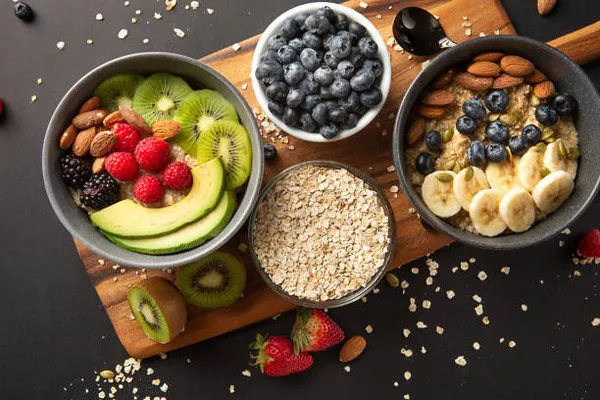A recent study published in Current Developments in Nutrition has shed light on the relationship between bread consumption and cancer risk, highlighting significant differences based on the type of bread consumed. While concerns about acrylamide—a compound formed during the processing of certain foods—persist, the research suggests that whole-grain bread may offer protective benefits against colorectal cancer, whereas white bread may pose potential risks.
Bread is a staple food worldwide, known for its nutrient density. However, it can also contain harmful compounds such as polycyclic aromatic hydrocarbons and acrylamide, which the International Agency for Research on Cancer (IARC) classified as “probably carcinogenic to humans” in 1994. Despite this classification, subsequent epidemiological studies have produced mixed results regarding the link between acrylamide and cancer risk. Additionally, many types of bread have a moderate to high glycemic index (GI), and while some studies have suggested a correlation between high GI diets and cancer risk, these associations are often weak and inconsistent.
Colorectal cancer ranks as the third most common cancer globally, accounting for approximately 10% of all cancer cases and serving as the second leading cause of cancer-related deaths. The researchers conducted a systematic review and meta-analysis of prospective cohort studies to evaluate whether bread intake is associated with cancer risk. They searched databases including MEDLINE and PubMed for studies that reported various risk ratios related to bread consumption.
The analysis included 24 studies that met the inclusion criteria, with a total of over 1.88 million participants, predominantly female (63.2%). The studies varied in the types of bread examined, including whole-grain, white, and high-fiber varieties. Most data focused on colorectal cancer, with additional insights into breast and prostate cancers.
Out of the studies reviewed, 79.6% reported no statistically significant increase in cancer mortality associated with bread consumption. Notably, among males in one cohort, those with the highest intake of non-white bread had a 21% lower risk of cancer mortality compared to those with the lowest intake. Increasing the consumption of whole-grain rye, non-white, or whole-grain bread by up to one slice per day was linked to a 4% to 12% reduction in colorectal cancer incidence. In contrast, higher intake of white bread was consistently associated with increased risks for rectal and colon cancers.
Interestingly, the highest bread intake quartile in a Japanese cohort did not show an association with colorectal cancer risk. However, in other studies, high white bread consumption was linked to a 35% increased incidence of rectal cancer and a 22% higher incidence of colon cancer. For breast cancer, most outcomes were statistically insignificant, but one cohort noted a 25% reduction in breast cancer incidence associated with high-fiber bread consumption.
The study found no significant associations between bread intake and other cancers, such as endometrial, stomach, lung, or ovarian cancers. Additionally, two studies examining total cancer mortality found no correlation with whole-grain bread consumption, although a meta-analysis indicated a 10% reduction in total cancer mortality linked to non-white or wholemeal bread.
Despite the higher acrylamide content often found in whole-grain bread, its antioxidants, fiber, and bioactive components likely outweigh potential risks. The researchers acknowledged limitations, including overlapping cohorts and possible publication bias, but emphasized the robustness of their findings across multiple datasets.
Conclusion
The study concludes that bread consumption is generally not associated with increased cancer incidence or mortality. Nearly 90% of outcomes indicated either no association or a reduction in incidence/mortality with higher bread intake. Importantly, high consumption of whole-grain bread was linked to reduced risks of colorectal cancer and total cancer mortality, underscoring the importance of bread type in dietary choices.
Related Topics:
-
The Synergistic Effect Of Nutrition And Traditional Medicine On Overall Health And Well-Being
-
Discrimination May Lead To Postpartum Weight Maintenance In Black Women

